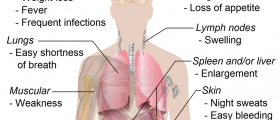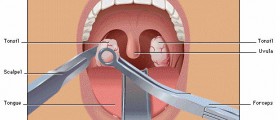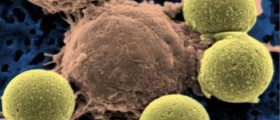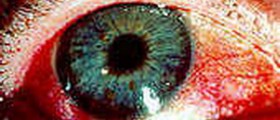
Lymph nodes are part of the lymphatic system and can be found in many different areas of the body. Each lymph node is a vital part of the immune system and can be found alone or in clusters mainly in the neck, armpit, groin and collarbone.
What are Lymph Nodes?
Lymph nodes are small bean-shaped glands and they are part of lymphatic system. Lymphatic fluid, known as lymph is filtered by the lymph nodes. Lymph circulates through bloodstream and body tissues collecting unwanted materials. Since, lymph nodes trap cancer cells and bacteria that travel through the body in the lymph, they are key factor of normal functioning of the immune system. Lymph mainly consists of white blood cells and it is somewhat similar to blood plasma. Lymph nodes, on the other hand, consist of different types of cells and tissues while white blood cells and lymphoid tissues are the main components. Lymph nodes can range in size from few millimeters to 2 centimeters although children between 10-12 years of age have larger lymph nodes compared to adults.
Location of Lymph Nodes
There are between 500 and 600 lymph nodes found in the human body. They can be present separately or in groups. The main groups of lymph nodes are found in the neck, collarbone, armpit and groin. They are named after their location in the body. Many lymph nodes are located in the head and neck and they are called cervical lymph nodes. There are different types of cervical lymph nodes. They include: anterior cervical lymph nodes, posterior cervical lymph nodes, tonsillar lymph nodes, submandibular lymph nodes and sub-mental lymph nodes. Axillary lymph nodes are located in the armpit and they are grouped into two categories: superficial and deep lymph nodes. Supraclavicular lymph nodes are located directly above the collar bone. Femoral lymph nodes are found in the upper thigh portion, along the femoral veins. Mesenteric lymph nodes are located in the lungs between the air sacs. Inguinal lymph nodes are situated in the groin area and can be supercritical or deep.
Function of Lymph Nodes
As it was mentioned above, lymph nodes are important part of the immune system since they act as filters or traps for pathogens. Than, white blood cells destroy these foreign particles. Afferent vessels bring lymph into the lymph nodes where it gets slowly filtered. Filtered fluid is afterwards removed from the lymph nodes via efferent vessels. Lymph nodes are good indicators of a disease. When they become swollen, inflamed and tender it is always a sign of certain health condition. Lymph nodes enlarge due to increased production of beta cells. It can result from infection, immune system disorders or cancer. To diagnose a swollen lymph node, a doctor will perform physical exam, blood test, x-ray or CT scan and lymph node biopsy. The treatment will depend on underlying cause.

















Your thoughts on this
Loading...